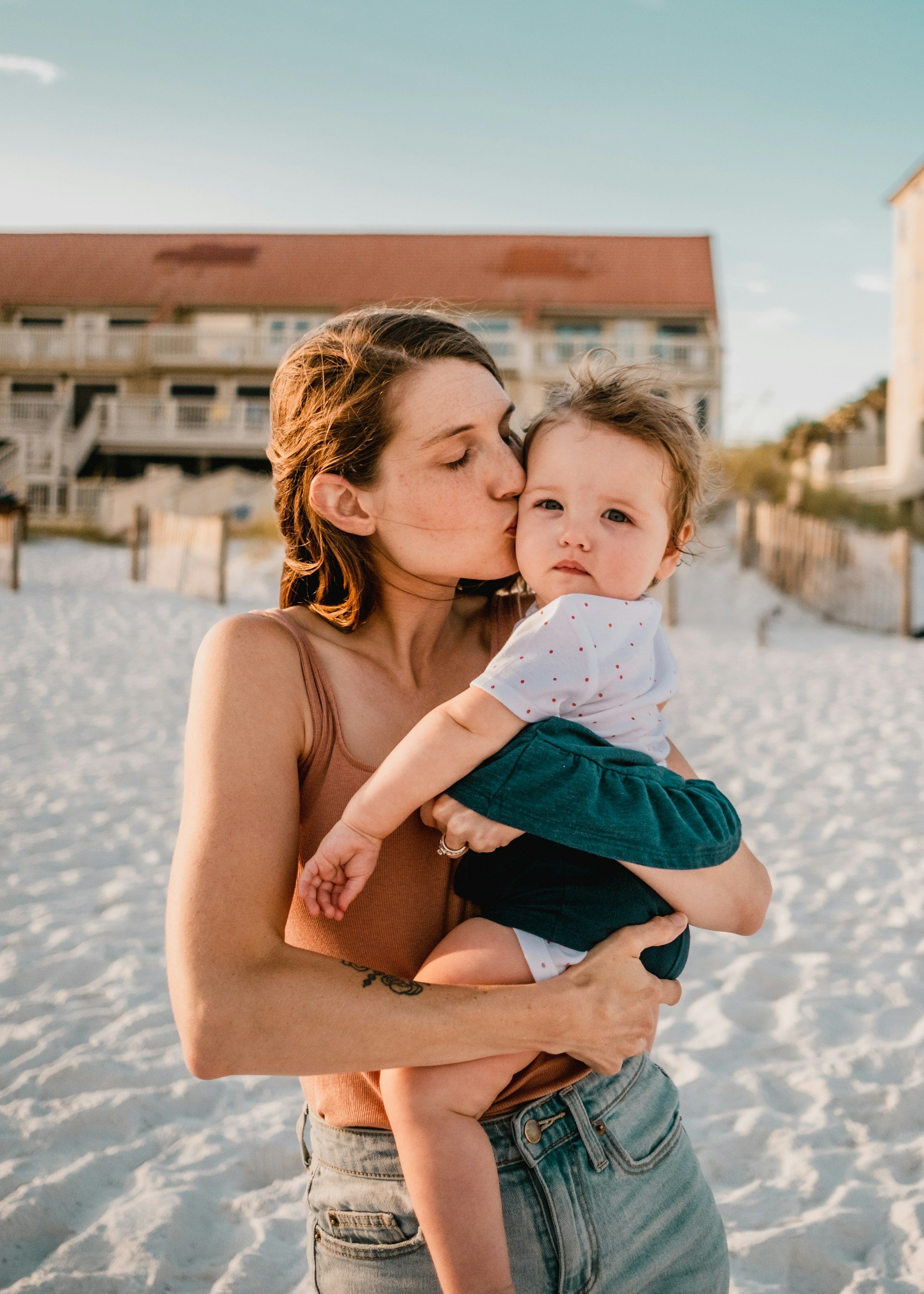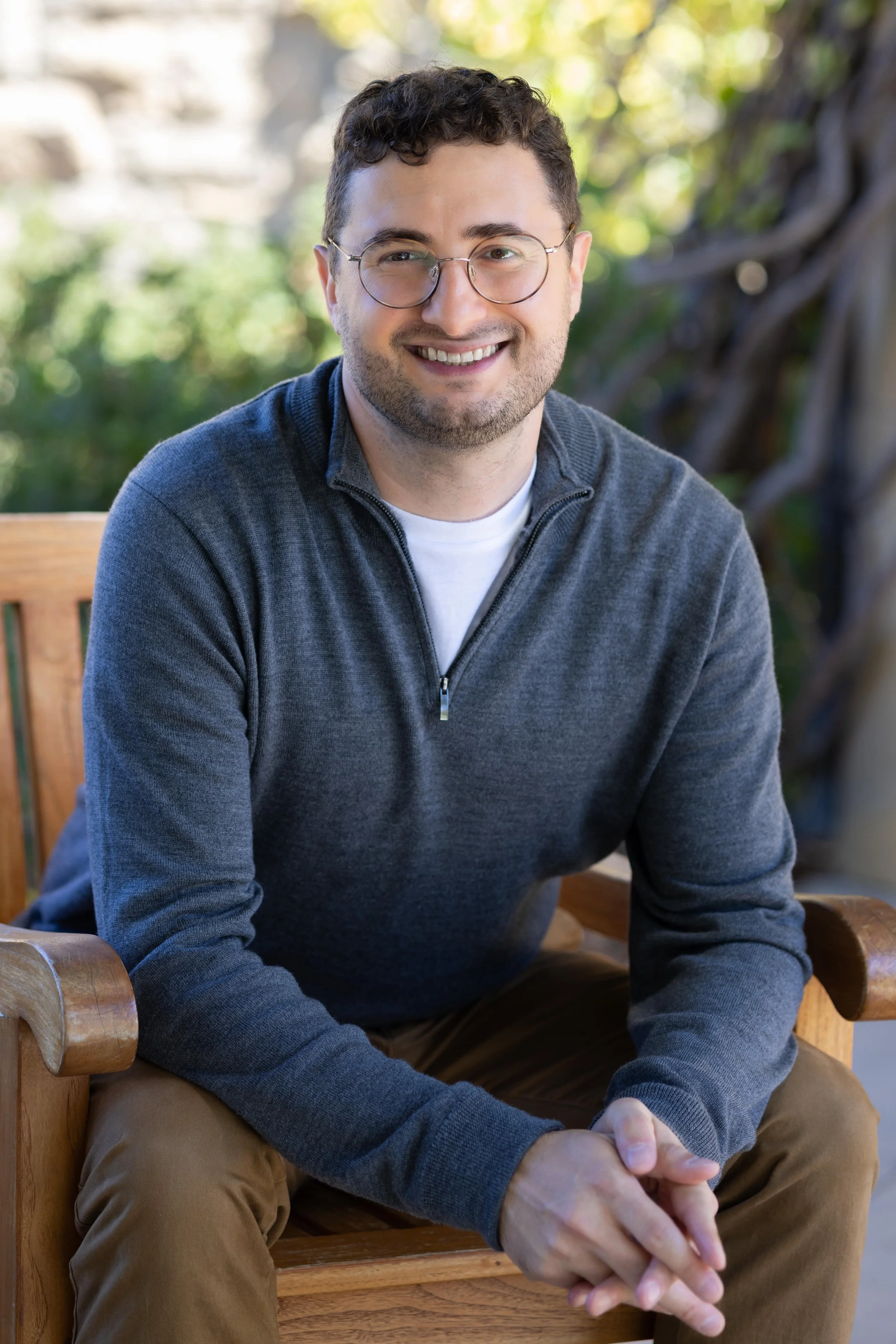Relationship and Communication Therapy in Los Altos, California
Humans grow in healthy relationships. Its impact cannot be overstated.
Relationship and communication struggles show up in many ways. Do these sound Familiar?
I don’t know how to communicate what I need
I feel like I’m too much for people
Conversations with my partner turn into arguments even when I don’t mean for them to
I shut down instead of saying what I actually feel because I don’t want to make things worse
I feel like I’m the only one holding the relationship together
It’s terrifying to try to make new friends, let alone date
I worry that if I share what I really think, people will pull away from me
I don’t understand how people can just say what they feel so effortlessly
I want to feel closer to my partner or friends, but I don’t know how to bridge the distance
I sometimes feel invisible or unheard, like my words don’t land with the people I care about
I keep my feelings bottled up until they come out all at once
I can sense when something’s off in the relationship, but I can’t get the words out to talk about it
I find myself taking care of other people’s needs while mine get overlooked
I long for connection but often feel misunderstood or out of sync with the people I love
Relationships grow and develop through communication
Therapy provides a safe space to explore your relational patterns and work on yourself, helping you understand how you connect with others and why certain dynamics repeat. It’s an opportunity to reflect on the small moments in relationships that feel off, as well as the big feelings you may hesitate to share with others.
The therapy relationship often acts as a microcosm for your broader relationships. Patterns from your past can replay in subtle ways in the room, giving us a chance to notice them, explore them, and work through them in the moment. Together, we will identify recurring trends in how you relate, uncover what is happening within yourself, and take steps toward the kind of relationships you want—more authentic, connected, and fulfilling.
Whether you’re seeking therapy for communication issues, relationship challenges, or understanding your own patterns, this work supports deeper connection with yourself and others, fostering healthier, more meaningful relationships.
Relationship and Communication
Humans are inherently relational, and much of our personal growth—or stagnation—comes from how we navigate our relationships. Learning to engage in relationships means facing vulnerability, being honest with yourself and others, and developing the ability to notice and express your feelings.
Whether you’re struggling in relationships with a spouse, partner, parent, family member, or other loved ones, the fundamentals of healthy communication remain consistent. Many of us have learned unhelpful or ineffective communication patterns, but it is never too late to improve. Therapy for relationships and communication provides a supportive space to build these skills, strengthen connection, and foster more authentic, fulfilling interactions with the people who matter most.
Relationship and Communication FAQs.
-
Many people know what they feel but can’t find the right words, or worry their words won’t be received well. Sometimes it’s easier to shut down or hold back than to risk conflict, rejection, or misunderstanding. These patterns often start early in life — maybe in families where emotions weren’t openly expressed, or where it felt safer to stay quiet. Therapy helps create a space where you can explore your feelings without judgment and begin practicing new ways of expressing yourself in relationships.
-
Conflict often touches on something deeper than the moment itself. A small disagreement might tap into old wounds — not feeling heard, respected, or valued. When that happens, the conversation quickly escalates because it’s no longer about the dishes, the text message, or the plans for the weekend — it’s about belonging, safety, and care. In therapy, we can slow these moments down together, understand what’s happening beneath the surface, and find new ways to respond that bring you closer instead of further apart.
-
Avoiding conflict is common — especially if past experiences taught you that conflict leads to rejection, criticism, or emotional distance. The problem is that avoidance can create its own distance, leaving needs unspoken and resentments quietly building. Therapy can help you feel safer bringing your true thoughts and feelings into the open, so relationships can become more honest and connected rather than fragile or one-sided.
-
Emotional distance can happen even in close relationships. You might go through the motions — spending time together, sharing routines — but feel unseen or unknown at a deeper level. This distance often grows when people are afraid to share their real inner world, or when communication gets stuck in patterns of misunderstanding. Therapy provides a space to name what’s missing and practice being more open, so that closeness feels possible again.
-
It can feel easier to accommodate than to risk disappointing others. Over time, though, this leaves you disconnected from your own wants and needs. People-pleasing often comes from early experiences where love or approval felt conditional. In therapy, we can look at these patterns with compassion and start finding ways for you to show up more fully in relationships — not just as who others need you to be, but as your genuine self.
-
Yes — but not in the sense of quick “tips and tricks.” Relational and person-centered therapy helps you explore the roots of why communication feels hard, what fears or patterns get in the way, and how to create a sense of safety in expressing yourself. It’s less about rehearsed scripts and more about becoming comfortable showing up as your whole self, which naturally shifts how you connect with others.
Contact Me
Ready to take the next step on your therapy journey? Please don’t hesitate to reach out with any questions or to request a consultation.





